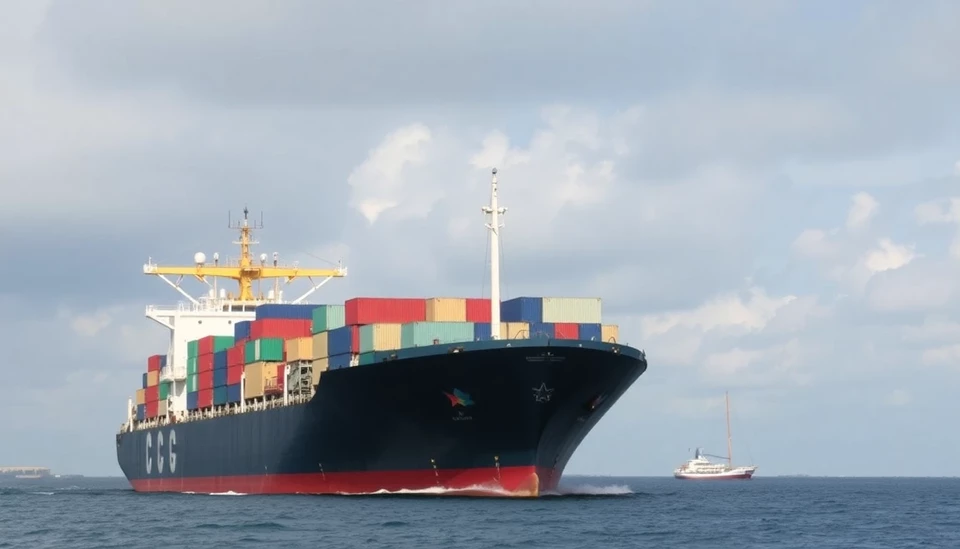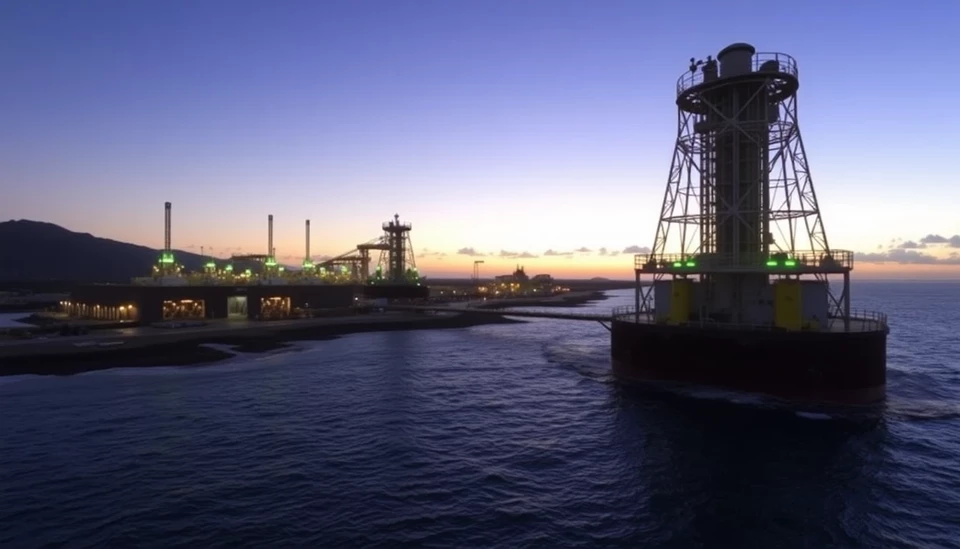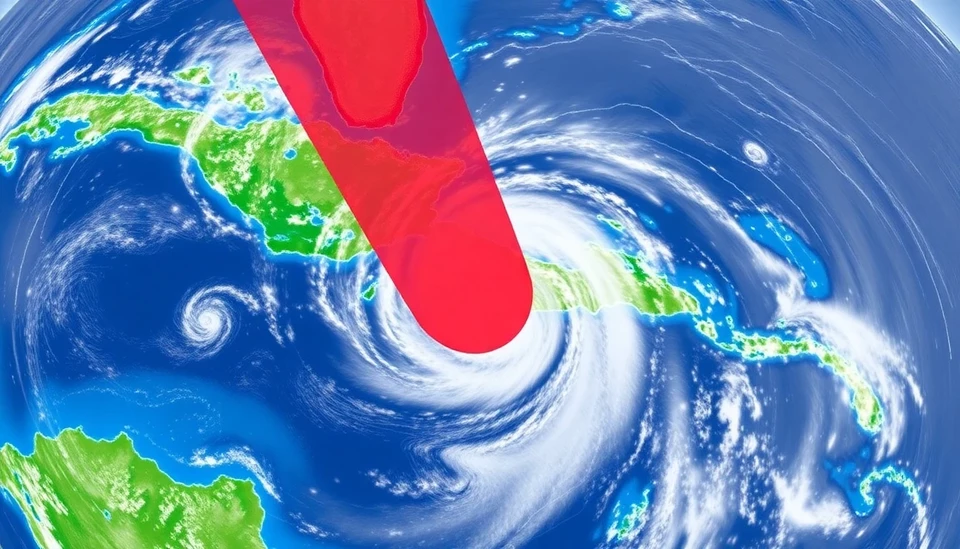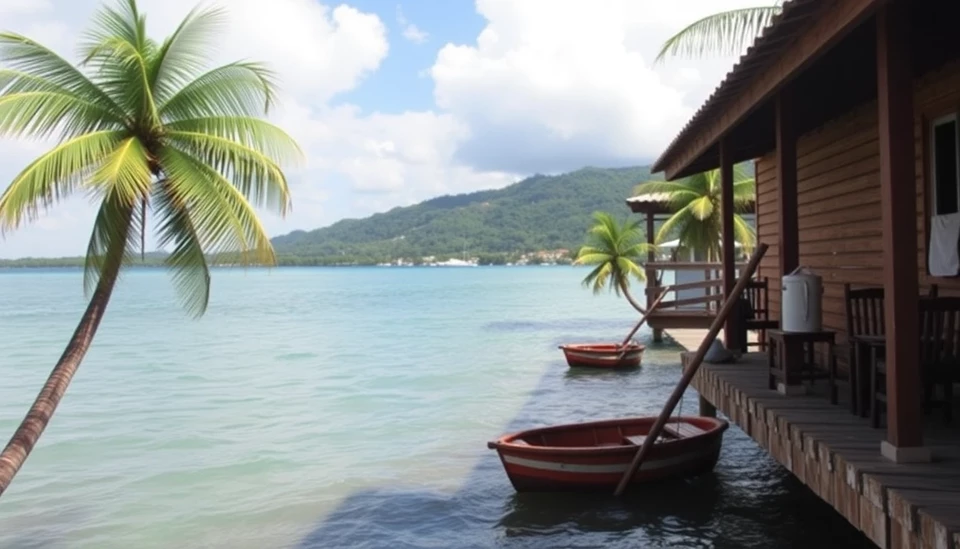
The Caribbean region is currently facing significant apprehension regarding the potential repercussions of hefty fines imposed on vessels manufactured in China. Local governments are particularly worried about how these penalties might affect their shipping industries and overall maritime trade.
In recent developments, it has been reported that various countries in the Caribbean are assessing their economic relationships with China, especially in light of new international regulations that aim to enforce strict penalties on non-compliance with environmental standards on shipping vessels. As a result, many Caribbean nations, which rely heavily on maritime trade routes for their economies, are poised to feel the pressure.
Several Caribbean officials have voiced concerns that these fines could lead to increased operating costs for local shipping companies that primarily use vessels built in China. Given that these penalties could escalate maintenance costs and lower the operational efficiency of these ships, there is a palpable fear of reduced competitiveness in the global market.
In response, the Caribbean Community (CARICOM) has initiated discussions among member states to explore alternative shipping options and strategies to mitigate the financial burdens that may arise due to these fines. Among the proposals being considered are collaborations with countries that have more lenient regulations or even direct negotiations with Chinese manufacturers for potential compliance modifications.
The financial implications could be detrimental, especially for smaller island nations that lack the infrastructure to sustain a maritime industry under tougher regulations. Local leaders are advocating for greater financial support and technical assistance from international allies to navigate the evolving regulatory landscape.
Experts warn that if these issues are not addressed, the Caribbean may struggle to sustain its maritime visibility and participation in global trade networks. The international community's commitment to environmental standards is growing stronger, and local economies heavily dependent on shipping must adapt quickly.
As the situation unfolds, Caribbean nations remain engaged in discussions aimed at both protecting their interests and ensuring they are not disproportionately affected by regulations that may have been designed with larger markets in mind.
In summary, the Caribbean is at a crossroads where maritime trade, economic stability, and international environmental standards intersect. The coming months could pave the way for critical decisions and collaborations that will define the region's shipping industry for years to come.
#Caribbean #Shipping #China #MaritimeTrade #EnvironmentalRegulations #Economy #GlobalTrade #CARICOM
Author: Rachel Greene



